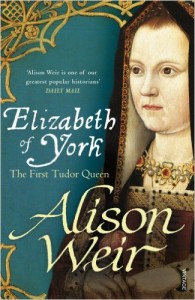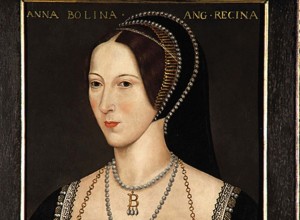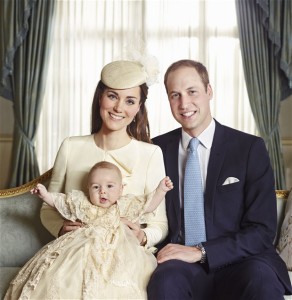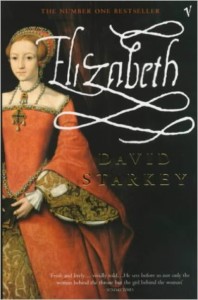Image: Surtsicna – This file was derived from Duchess of Cambridge, 16 June 2012.JPG:, CC BY-SA 3.0,
Shockingly, my friends and family are not always keen for me to recite my fascinating knowledge of Royal history in their presence. Even more puzzling to me – and something that will no doubt surprise loyal readers – my loved ones have often found my attempts to educate them on the intricacies of Royal and aristocratic titles objectionable. Puzzling!
However, ever since the great Royal wedding of 2011, there’s one question which a number of those close to me have been keen to ask. Namely, why was Diana ‘made a Princess’ when Kate wasn’t?
I can certainly understand why people ask. After all, from 1981 until 1997, William’s mother was constantly referred to in the media as ‘Princess Diana.’ Yet when Kate got hitched the palace seemed to go out of their way to make it clear that it was not entirely appropriate to call her ‘Princess Catherine.’
A number of my friends have drawn their own conclusions as to why. “It’s because Diana was married to the immediate heir to the throne,” said one, or “Diana was Princess of Wales and Kate is just a Duchess” speculated another.
Both quite logical, but both incorrect. To get to the bottom of this, we need to understand two things.
- The later Princess of Wales was NEVER ‘Princess Diana.’
This might come as a surprise to some; the media heavily referred to her as such, both during and after her marriage. But it is only Princesses by birth who use their Christian names in their title. Diana was indeed the Princess of Wales and even The Princess Charles but technically never Princess Diana.
Sounds quirky doesn’t it? But actually this isn’t unusual. I remember when my mother was invited to the Buckingham Palace garden party, her invite was addressed to “Mrs Gary Streeter.” But her name is not Gary. It is Janet. Similarly the wife of a younger son of a Duke or Marquess does not use her Christian name in her title (remember good old Lady Colin Campbell…?).
- But Kate is a Princess and during her marriage, so was Diana
Just because you can’t use your Christian name in your style (or more accurately, doing so wouldn’t be the most appropriate action in the eyes of the court) does not mean that you are not a Princess. Anyone married to a Prince is a Princess. This is as true for Camilla and Sophie as it is for Kate and was true for Diana and Sarah Ferguson during their marriages. It is equally the case for the Duchesses of Kent and Gloucester and for Princess Michael of Kent.
So how can the great public tell which noble women are or are not Princesses? Easy. Three little letters: HRH (standing for Her Royal Highness). Since 1917 the style of Royal Highness has been synonymous with the rank of Prince or Princess in the UK (yes, yes, yes I know there may have been an exception with the Duke of Edinburgh but exceptions prove the rule and I will write about this on another occasion). Therefore The Duchess of Norfolk is not a Princess or member of the Royal family but HRH The Duchess of Gloucester is.
Make sense? Don’t worry if it’s a little confusing. No one ever sat down and made a list of rules that governed how Royal titles and styles fit together and operate. Customs have emerged over centuries and in reality the current system is a hybrid of ancient English and Scottish practice that merged with the Germanic approach in 1714 and has been evolving in response to circumstance ever since. But hey, let’s face it…that’s all part of the fun!
Okay geeks…over to you? Is this system all a little archaic? Should we just suck it up and call her ‘Princess Catherine’? Do you think William will modernise Royal styles when he eventually gets to the throne?




